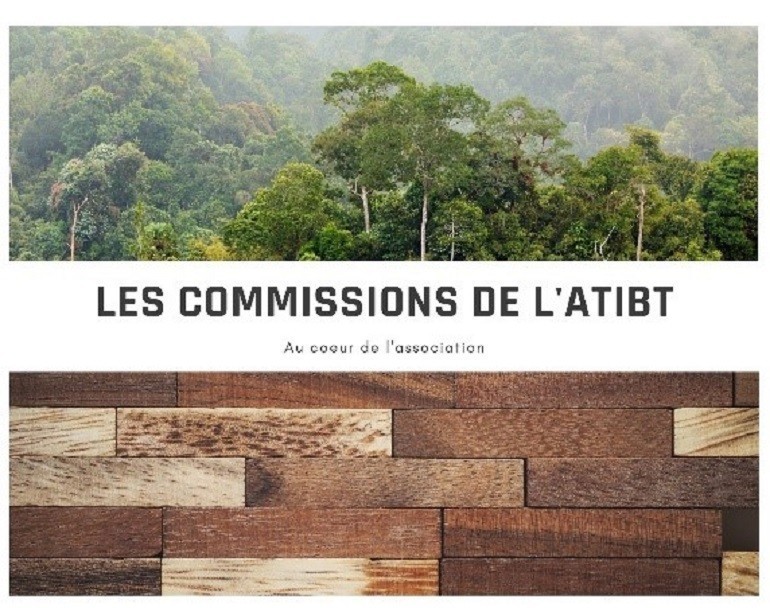

19.04.2024
Immerse yourself in the actions and innovations discussed at the first 2024 meeting of the Forestry & Industry Commission. This meeting was the theater of dynamic exchanges, ranging from the transition from CITES to a review of our forest management practices.

From analysis .... to actions to cope with the challenge of the CITES Convention in Central Africa
The inclusion of Mahogany, Doussie and Padouk in the Appendix II of CITES at COP19 in Panama in 2022 has already generated a great deal of exchanges in 2023. The countries of the Congo Basin have engaged to cope with the requirements of these new inclusions. Thanks to the work of the CITES Taskforce, set up for the ASP Cameroon project, the ATIBT has provided considerable support to the scientific authorities and the management authorities which have requested.
The Commission, in particular the CITES Taskforce, has also contributed to the preparation of other activities, in particular some concerted proposals at several international CITES meetings.
2024, which will lead us to the next CITES COP, will require the commitment of everyone to have a greater impact in the decision-making process. Research findings on the vulnerability of exploited species and on the socio-economic impacts will strengthen the arguments for advocacy.
The support will also be strengthened to draw up the ACNPs by a project to provide tools for calculating and monitoring quotas, thanks the PPECF.
Rethinking the future of African tropical timber: towards a renewal of management strategy
Since 2019, the Forestry & Industry Commission has been working on the issue of producing management plans for the next rotation. However there are still doubts about the financial support available to assess and innovate forest management despite the urgent deadlines. The ATIBT has hired an apprentice, Elise Cambier for 18 months to provide support for the development of this project.
The aim of this concerted project is to draw up a complete review of the current management and to propose innovative strategies for the next rotation. The project will be highly inclusive, taking into account all the actors implicated: government departments, the private sector, researchers, civil society and environmental organisations, in order to formulate concerted proposals. We will have to act proactively, inclusively and, above all, creatively to reach an agreement including the technical, social, environmental and economic aspects. This is why we are working to set up an international, multi-disciplinary working group to define and provide an innovative common strategy.